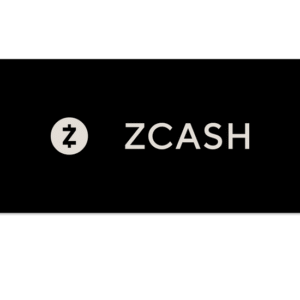$OIL $SPOT #Iraq #SolarEnergy #RenewableEnergy #OPEC #Sustainability #EnergyTransition #OilReserves #CleanEnergy #ClimateChange
Why is Iraq Turning to Solar Despite Vast Oil Wealth? Discover the Surprising Benefits!
In the latest why news, Iraq is positioning itself for a renewable energy revolution, despite being one of the world’s largest oil producers. The country boasts two critical advantages for a robust solar industry: expansive desert landscapes suitable for solar panel installations and an abundance of sunlight hours throughout the year. This unique combination presents Iraq with a powerful opportunity to diversify its energy portfolio and reduce reliance on fossil fuels.
While Iraq is the second-largest oil producer within OPEC, cranking out approximately 4.443 million barrels of oil daily, its oil reserves are equally impressive. With 143.069 billion barrels, Iraq ranks fifth globally, accounting for 8.67% of the world’s total oil supply. At current consumption levels, these reserves are projected to last for another 457 years. So, why is Iraq contemplating a pivot toward solar energy?
The Case for Solar Energy in Iraq
The push for solar energy in Iraq is driven by several compelling factors. First, the environmental impact of fossil fuel consumption is becoming increasingly evident. The global community is urging nations to adopt cleaner energy sources to combat climate change, and Iraq is no exception. Transitioning to solar energy could significantly reduce the country’s carbon footprint and enhance its international standing.
Moreover, investing in solar technology can create job opportunities within the local economy. The renewable energy sector is labor-intensive, requiring skilled workers for installation, maintenance, and innovation. This could lead to a reduction in unemployment rates and stimulate economic growth in a country still recovering from years of conflict.
Technological Advancements and International Support
Technological advancements are making solar energy more accessible and efficient than ever before. Innovations in photovoltaic cells and energy storage systems are reducing costs and improving the viability of solar projects. Additionally, international partnerships and investments are becoming increasingly available. Countries and organizations are willing to support Iraq in its transition to renewable energy through funding and expertise.
Navigating the Path Forward
While the transition to solar energy may seem challenging given Iraq’s vast oil wealth, it is essential to consider the long-term benefits. The solar industry can offer a sustainable energy solution that not only meets domestic needs but also positions Iraq as a potential energy exporter in the future. By harnessing its natural resources wisely, Iraq can become a leader in the renewable energy landscape.
In conclusion, Iraq’s journey toward solar energy is a testament to the nation’s foresight and adaptability. As the world shifts towards sustainable practices, Iraq has the opportunity to redefine its energy landscape while maintaining its oil production. This dual approach could provide the country with economic resilience, environmental benefits, and energy security for generations to come.
For more insights on the intersection of finance and renewable energy, visit our Stock section. Additionally, explore opportunities in the cryptocurrency space with this referral link.











Comments are closed.